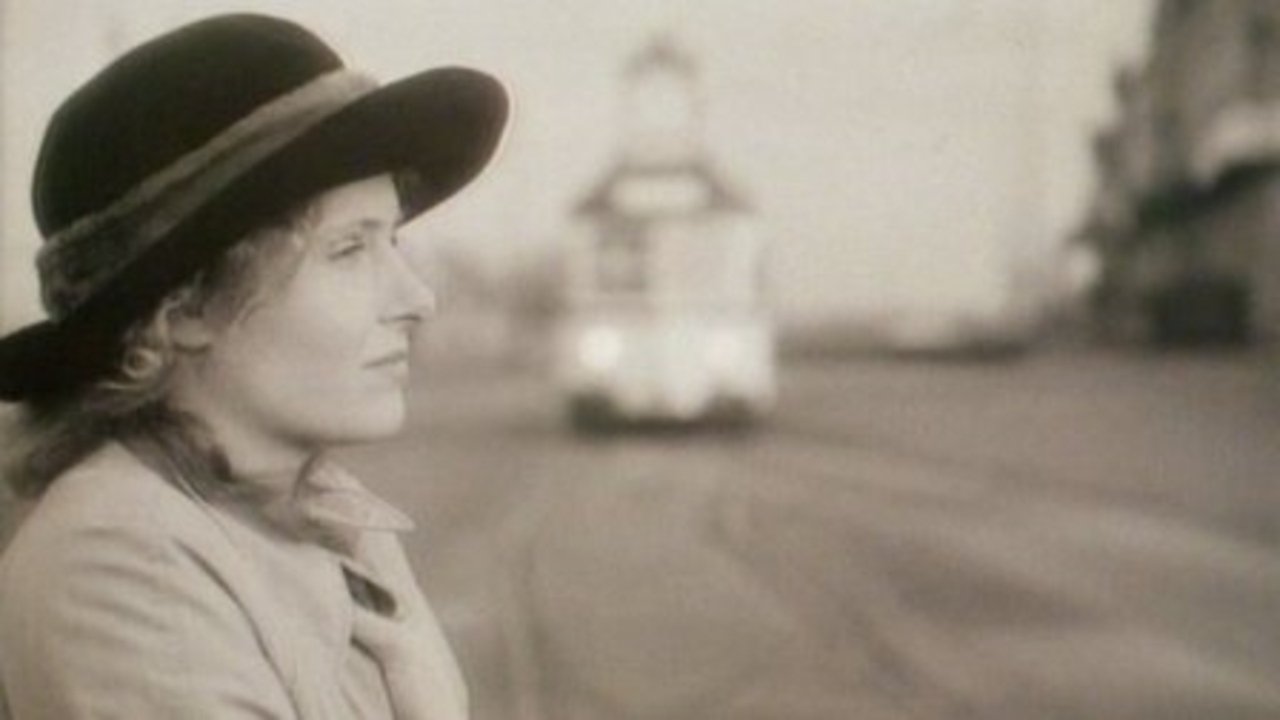
Zina (1985)
A 20th century Antigone, Zina evokes the life of Zina Bronstein, daughter of Leon Trotsky. In 1930s Berlin, she is being treated by Professor Kronfeld and during this psychoanalysis, recalls incidents both from her own life and that of her father, as a leader of the revolution, as the holder of state power and later in exile.
“Both extraordinary and exhilarating; much of the film was decided at the last moment, with scriptwriter and director arriving with new ideas just as the cameras rolled. Quite a contrast with the theatre, where in general by the first night you know what you are doing. But then film acting is like that. That's the challenge. You have to trust the director, believe he has the film in his head. And in Ken McMullen's case, I was happy just to do as I was told.
This story of Trotsky's daughter is told through her sessions with her psychiatrist (my part). It was modestly shot in the houses of friends sympathetic to Ken McMullen's keen talents.”
— Ian McKellen, June 2000
Against the background of the progessive deterioration of the situation in Europe, threatened by the rise of fascism and the spectre of the Second World War, Zina’s identification with Antigone becomes more and more credible and her hallucinations begin to take objective form on the streets. The dynamics of Greek tragedy, always waiting in the wings, step forward to take control.
“A historical film based on the life of Leon Trotsky's daughter might seem to the cynic the perfect recipe for yet another cinematic screw-up. Yet, in Ken McMullen's hands, the brief life of this mysterious figure becomes the vehicle for an imaginative exploration of Europe's most turbulent times, spanning the Russian Revolution to the rise of Fascism in Germany.”
— Andrew Black, "The Record Mirror" 2 May 1986
After a visit to her father's island of exile, the troubled Zina is sent to Vienna for psychiatric treatment. During her consultations, Zina relates her colourful experiences with her aloof, sartorially sombre father and his equally dour comrades.
She also vividly describes her nightmarish night-time hallucinations which very soon are to become the real nightmares of Hitler's Germany. The film is intense rather than tense, always thought-provoking and often moving.
— Andrew Black, "The Record Mirror" 2 May 1986


